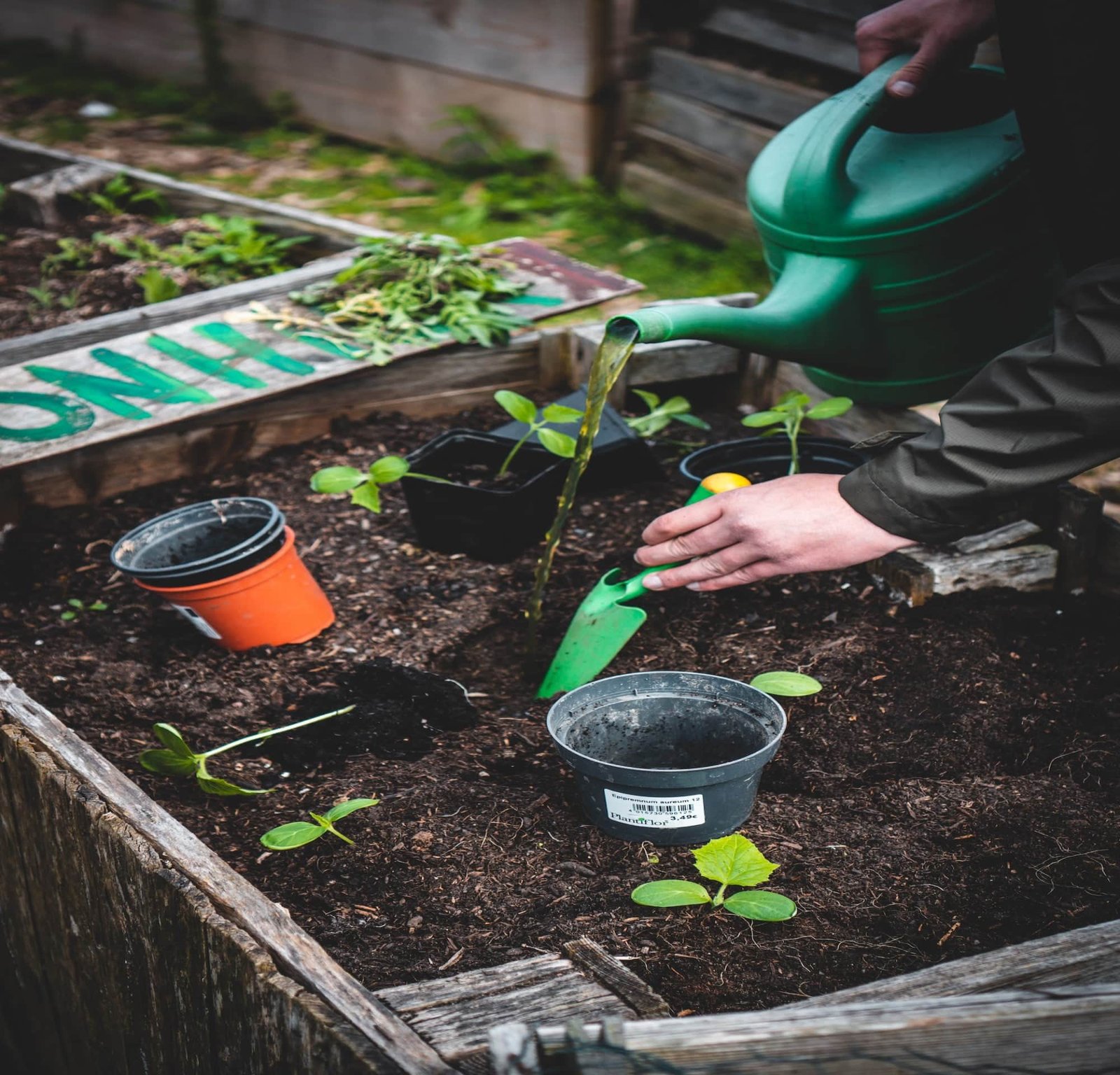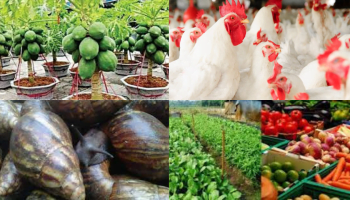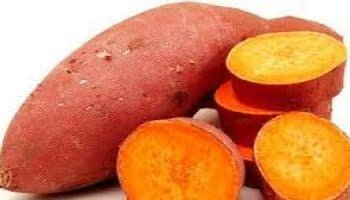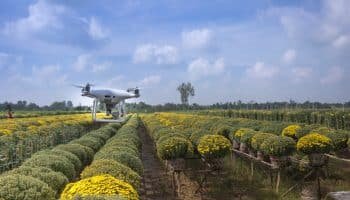Most families are going through difficult circumstances right now, especially since the economy of the nation continues to deteriorate. Despite how difficult things may appear, investing in backyard farming is one of the best ways for families to reduce their cost of livelihood.
In Nigeria, backyard farming is becoming more and more common because it is a cheap way to produce food and gives many households a source of food security. The government is also promoting backyard farming as a way to lessen the nation’s food insecurity.
What is backyard farming?
Backyard farming is the practice of operating a small farm, generally in one’s backyard, solely for personal use. This type of farming can be either crop or livestock-based, with the primary goals being the production of food crops and the raising of livestock for personal use or that of the family.
What can I farm in my backyard?
Vegetables (such as Fluted pumpkins commonly known as Ugu, waterleaf, smell leaf, curry leaf, tomatoes, okra, and pepper), maize, sweet potatoes, and yams are just a few of the crops you can grow in your backyard. You can also raise livestock in your backyard, such as hens, goats, and snails.
Benefit of backyard farming?
- It reduces cost of livelihood:
If you decide to grow vegetables, yams, sweet potatoes, and other food items in your backyard, just think of the money you will save over purchasing them from the market. The money you saved can be used toward other things if you have easy access to food crops and meat from your backyard.
- It boost healthy living:
Food crops cultivated at home are fresher and have high nutrient value than food crops purchased in the market. Because of the methods of preservation, herbicides, and fertilizers utilized, the majority of food purchased at the market is less nutrient-dense than it could be. After harvest, the majority of crops, especially vegetables, begin to lose their nutrition. Also, the food crops and meat you harvested from your backyard farm are free of contaminants, dangerous pesticides, and fertilizers that are harmful to human health.
How can I do backyard farming when there is no space in my compound?
If there is no space in your compound or the floor in your compound is cemented you can use sack farming techniques for cultivation.
Sack farming is the growing of crops in sacks or bags. It is an innovative technique in farming that allows people to grow crops in their backyards or in small areas.
Steps to take in setting up your sack farm.
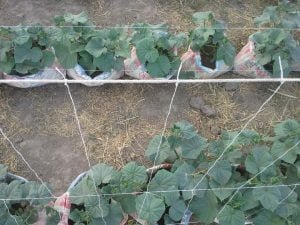
- Procure sacks or bags: For sack farming, bags or sacks are required. The seeds or seedlings will be planted in this sack because it serves as containers for the growing medium of the crops. You can use cement bags or polyethene bags.
- Prepare your soil: Soil is the common growing medium for cultivation. Make use of loamy soil, you can mix the loamy soil with ash, compost manure, and rice husks in equal ratio to boost its fertility and water holding capacity.
- Get good and quality seeds: Quality seeds are very important for good yields.
In Conclusion
Increased food security, better health, lower cost of living, and increase source of income can all be achieved with backyard farming. Kindly share your know thought in the comment section about backyard farming.

